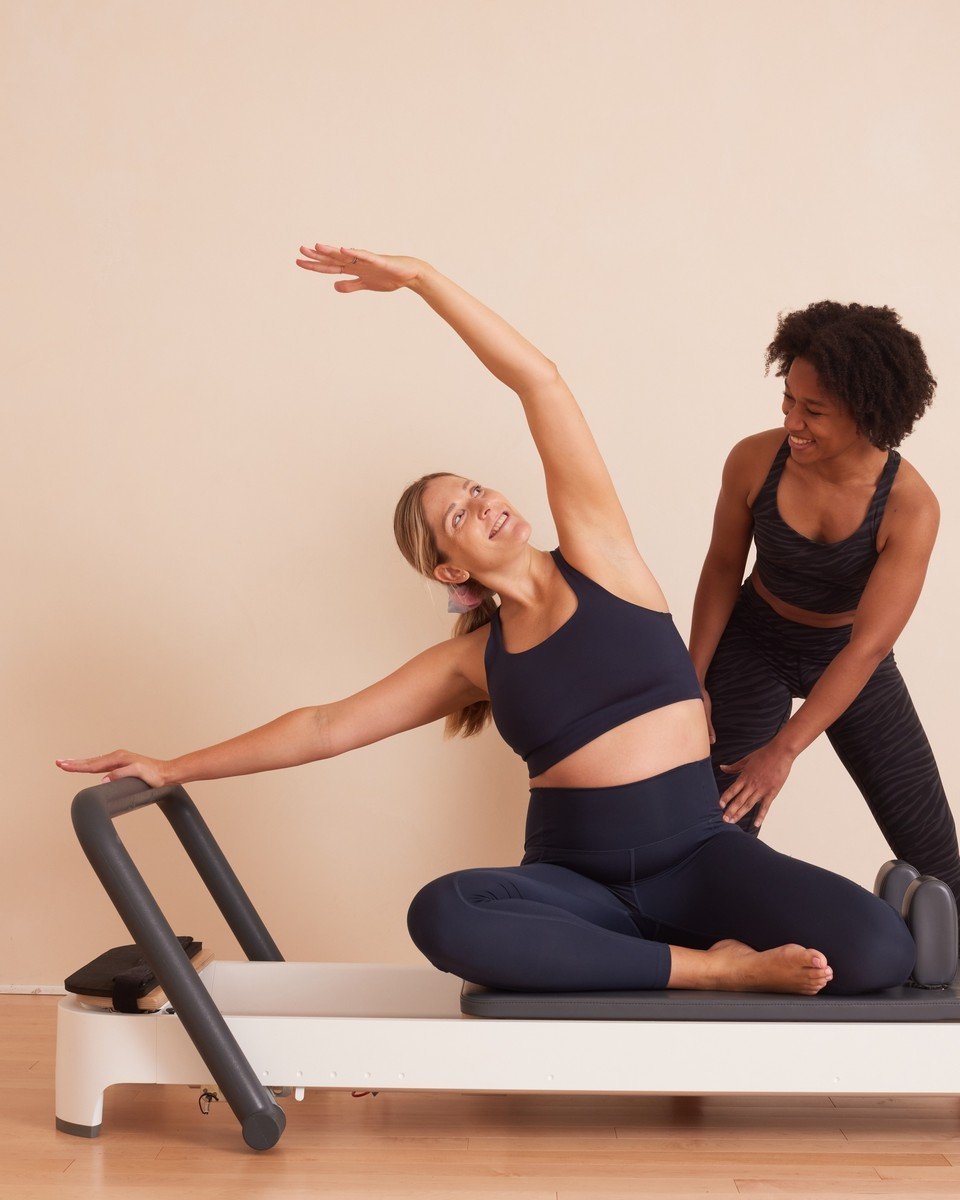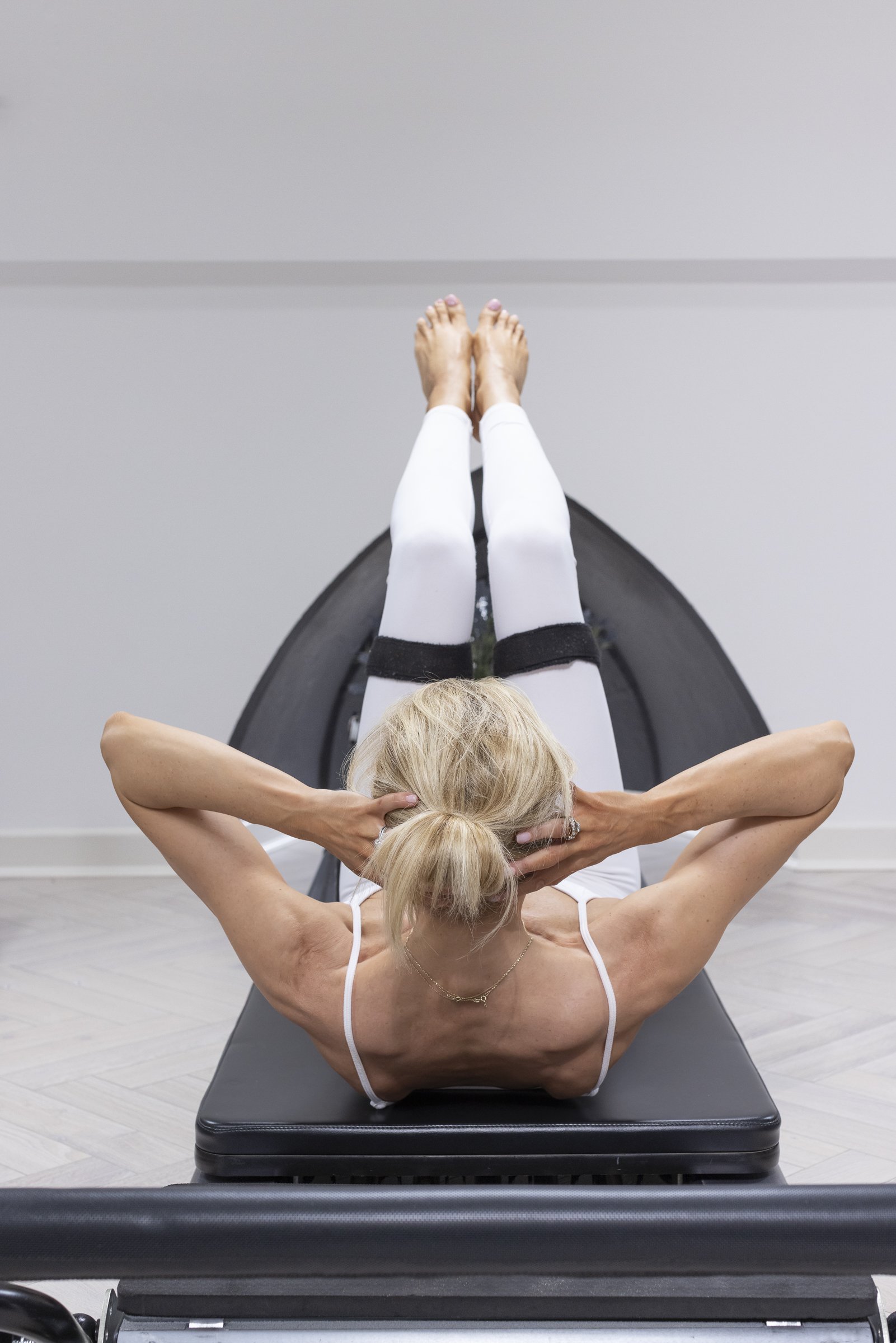Platinum Journal
News, Offers, Research & More

How can I manage the symptoms of Menopause?
Research shows that around 3 in 4 of us will experience symptoms during the time around menopause and beyond. Common symptoms experienced during perimenopause include changes in your ‘normal’ cycle, like more frequent or irregular cycles and heavier or lighter periods, as well as other physical and emotional symptoms.

Pelvic Floor & Menopause
The pelvic floor is a group of muscles and ligaments in your pelvic region that act as a sling to support your organs in your pelvis. It comprises a collection of tissues that span the opening of the base of the pelvis from the tail bone to the pubic bone and out to the sit bones and groin area.

Urinary Incontinence
Do you leak urine when you cough, sneeze or jump? Or do you ever need to dash quickly to the toilet when you put the key in the door (and sometimes leak as you do this)?
Well if you do, you are not alone! You are likely to be experiencing stress incontinence or urge incontinence. 1 in 3 women leak urine, yet whilst it’s common it’s not normal! Stress urinary incontinence and urge urinary incontinence are the two types of urinary incontinence that affect 1 in 3 women. So these symptoms are clearly common, but they are not normal.

Menopause
Menopause is a point in time 12 months after a woman’s last period when estrogen levels begin to decrease. There are 3 stages – Perimenopause when the hormones start to decline and menstrual cycles become irregular; Menopause, which occurs once hormones are no longer being produced and Post-menopause, the time following menopause.

MUMMY MOT
The Mummy MOT is a specialist post-natal assessment recommended for all women following delivery – whether 6 weeks or many years after. Mary Kate, our wonderful and highly trained specialist, assesses the strength and function of the abdominal and pelvic floor muscles to help prevent long-term childbirth related complaints.

Physical Activity & Pilates in Pregnancy
The World Health Organisation recommends throughout pregnancy aim for at least 150 minutes of moderate-intensity activity every week. This should include muscle-strengthening activities twice a week such as pilates or weight training.

Myth or Fact - Pain Science
Pain science has learned a great deal in the last fifty years, but most of this information has had seemingly little impact on the way pain is commonly treated. If you have pain, this is stuff you should know. By the time you are done reading this post you will know more than many medical providers about pain mechanisms, and maybe even feel a little better as a result, because research shows that pain education can improve outcomes. Here are some basic ideas of pain science.

Knee Pain – Myths and Facts
Have you ever suffered from knee pain? Here are some myths and facts to give you clarity surrounding this injury, and what you can do to mitigate pain and further injury.

BREATH WORKS
Breathwork is an extremely important tool in your wellness toolkit. We are here to explain what it is, how it works, and how you can give it a go with them at WellPilates in May!

ANKLE SPRAINS
Ankle sprains are a common ankle injury where the ligaments that help stabilise the joint and hold the ankle bones together can be stretched or torn. Without proper rehabilitation, a sprain can weaken your ankle, increasing the chance of another sprain.

Tennis Elbow - Myth or Fact
Tennis elbow is a painful and debilitating musculoskeletal condition that impacts substantially on society and extensively challenges the healthcare industry.

We are Wellfest’s Official Pilates Partner!
Platinum Pilates is equally honoured and excited to be the official Pilates Partner for WellFest 2022, in association with Gym Plus Coffee



Return to Office Life & Desk Chairs
With more and more of us returning to some version of office life over the next few months (or maybe you never left!), here’s a guide to translating the best habit and practices of working from home to your new office routine.


Live Online Pilates Classes
We know hectic schedules can make it difficult to make your favourite studio classes. Due to demand, we’ve reintroduced our Live Online Pilates classes.


What is Clinical Pilates and how can it help?
Your first Clinical Pilates session will begin with a brief chat to discuss previous injuries you may have had. Together, we will establish short-term and long-term goals for your rehabilitative Pilates journey. We will then carry out a movement assessment that will be used to guide our Clinical Pilates treatment. Depending on the assessment results, where necessary, we can refer you to one of our Physiotherapy team members for hands-on treatment.
Through this process, we aim to provide a safe and effective environment for clients to move with the appropriate support from our expertly trained Physiotherapists. Our ultimate goal is to get you moving functionally and pain-free in a safe environment. We take your personal limitations into account and aim to improve your quality of life within a few sessions. Your Physiotherapist will closely monitor your progress, and when clinically indicated, you will be encouraged to progress into our group classes if you wish.

